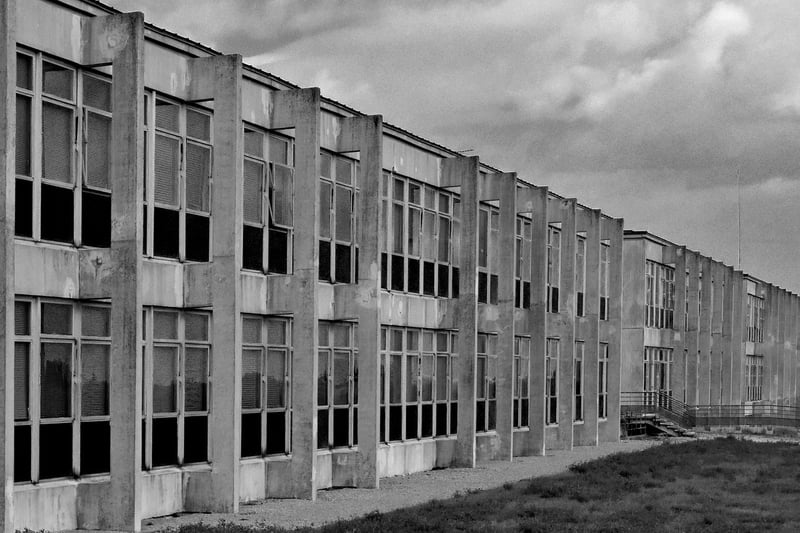Altered Histories
Beware of Risks When Exploring Altered Histories

Exploring altered histories can be an exciting journey into the unknown, but it comes with its own set of risks. Whether delving into speculative fiction, alternate timelines, or counterfactual narratives, it's essential to tread carefully to avoid potential pitfalls.
1. Loss of Perspective
One risk of engaging with altered histories is the potential loss of perspective on actual historical events. It's crucial to differentiate between fact and fiction to prevent misconceptions about real-world occurrences.
2. Misinterpretation of Events
When immersing oneself in altered histories, there is a risk of misinterpreting the causes and outcomes of historical events. It's essential to critically analyze the sources and narratives presented to avoid forming inaccurate conclusions.
3. Impact on Identity
Exploring altered histories can sometimes influence one's sense of identity and belonging. It's important to maintain a clear understanding of one's true history and heritage to prevent confusion or conflict.
4. Ethical Considerations
Engaging with altered histories raises ethical considerations, especially concerning the portrayal of sensitive topics or marginalized communities. It's vital to approach such narratives with sensitivity, empathy, and respect for all perspectives.
5. Escapism vs. Reality
While altered histories offer an escape into fantastical realms, it's crucial to balance this with a grounded understanding of reality. Avoid getting lost in fictional narratives at the expense of facing actual historical truths.
By being aware of these risks and approaching altered histories with caution and critical thinking, enthusiasts can enjoy the imaginative exploration while respecting the integrity of real-world events.
Remember, while altered histories can be a fascinating playground for creativity, they should be navigated with care to prevent misunderstandings and uphold the integrity of historical truths.

